
 Flash News
Flash News
Quarrel between neighbors in Patos, 35-year-old injured with screwdriver
Accident on the Krahes-Memaliaj axis, a 65-year-old man is injured
The Ministry of Agriculture confirms 4 outbreaks of cattle plague in different areas of Albania
Suffering cardiac arrest, vacationer dies on Qerret beach
Alarm on the coast/ Elderly woman from Kosovo risks drowning!
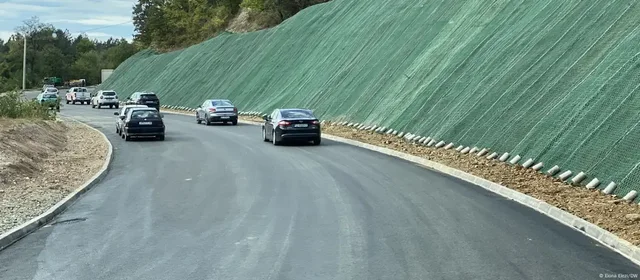
When you leave Skopje and head towards the Bulgarian border – North Macedonia's not-so-easy neighbor – the road of about two hours is almost entirely a construction site.
The last road segment Rankovce - Kriva Palanke - Deve Bair, which connects Skopje with Sofia, is the last one that is being transformed into a highway with the best European standards. North Macedonia is part of the Balkan triangle of Corridor VIII, one of the most ambitious and important strategic projects of the European Union in the region, where through the Investment Framework for the Western Balkans (WBIF) about 14 million euros have been invested in the form of grants and about 21 million euros in the form of loans, part of the Connectivity Agenda from 2018.
"Corridor 8" is the road and rail transport corridor that passes through Albania, North Macedonia and Bulgaria, connecting the port of Varna in Bulgaria, from the Black Sea, to the port of Durrës in the Adriatic. This chain is then connected to Italy, the only EU member state within this corridor. It includes seaports, airports, about 960 km of land roads and over 1270 km of railways.
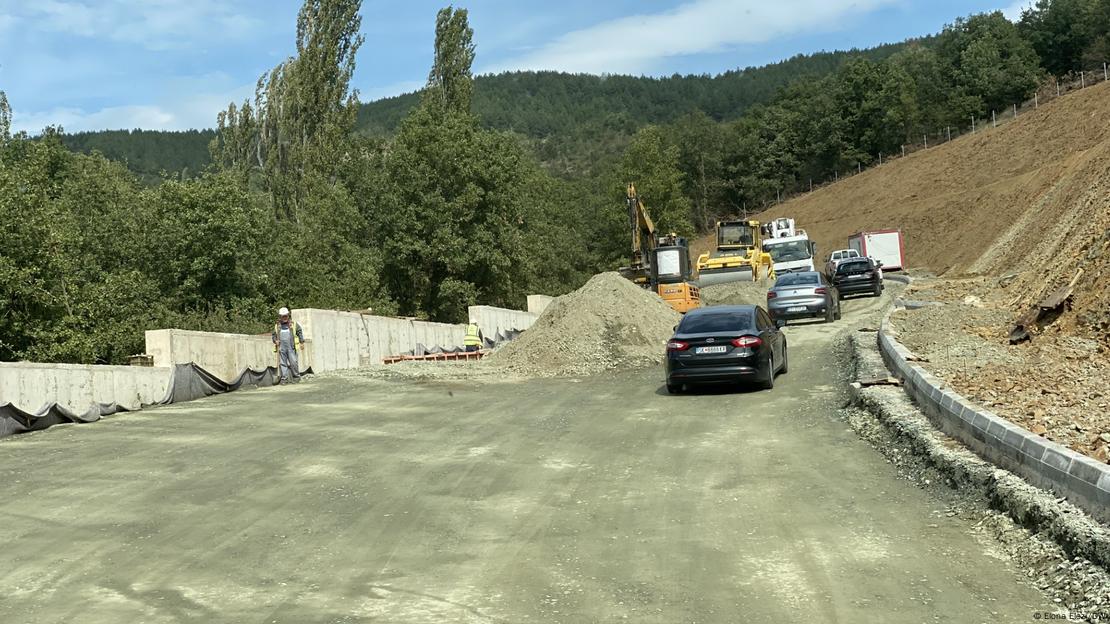
Historical disputes slow investment
But the importance of such major projects in the Balkans is often accompanied by disputes and problems carried over from history. The change of the political governing force in Skopje has revived the debates between North Macedonia and Bulgaria, which, among many political and historical debates, accuse each other of obstructing the works of this corridor.
Some time ago, the Bulgarian government denounced the diversion of EU funds by the Macedonian government, accusing it of diverting the funds to Corridor 10, the corridor connecting Skopje with Belgrade and Budapest. The new Macedonian Prime Minister, from the VRMO-DPMNE party, Hristijan Mickoski, said that the issue was being politicized and that the situation itself was simply an engineering problem and that on the Bulgarian side the railway project was unclear.
Sources close to the EU declined to comment on the political disputes between North Macedonia and Bulgaria, but they emphasized the great strategic importance of the two projects. "For us, Corridor 8 and Corridor 10 are extremely important and will be taken to the end," the sources said.
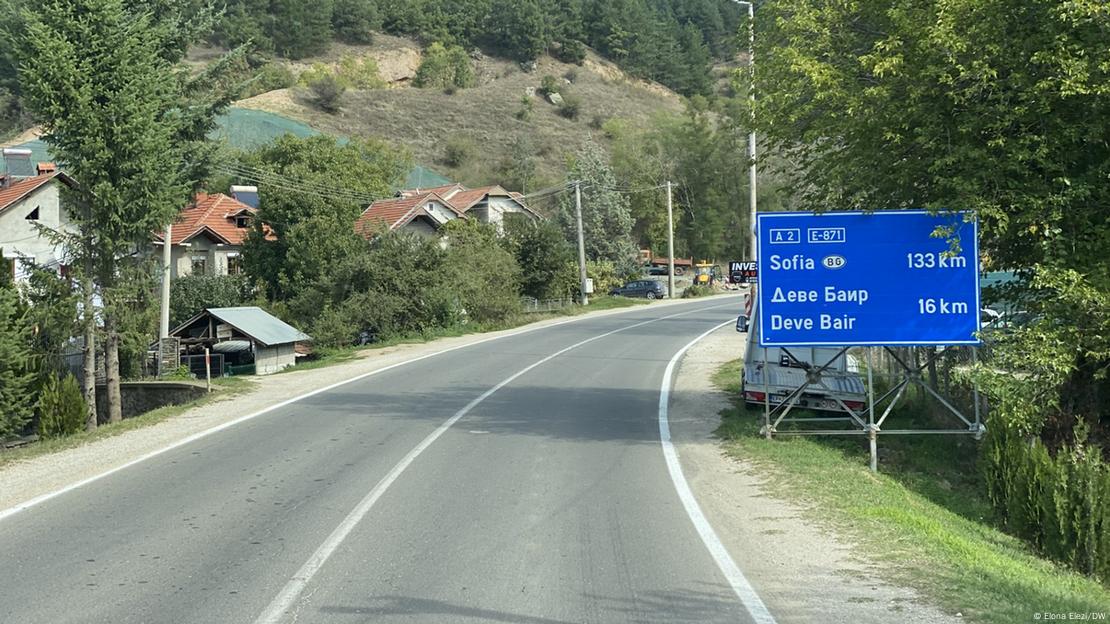
The funds depend on the implementation of the reforms
In June of this year, the European Commission approved the Growth Plan for the Western Balkans for the period 2024-2027, through which it invests in all candidate countries, with the aim of aligning with EU policy and standards. According to this plan, 6 billion euros will be divided into: 2 billion in the form of grants and 4 billion in loans, divided according to the gross domestic product and the population of each country. Disbursement of these funds and loans is possible only after the governments fulfill the reforms required by the European Union. In the case when the governments fail to implement the reforms, then the funds are transferred to the states that have managed to be successful, thus increasing the pressure to fulfill the reforms as quickly as possible.
The European Union is among the biggest investors in the Western Balkans. At the same time, the region has been suffering from a high level of corruption for years. Deutsche Welle asked another EU official about cases of abuse and corruption of EU funds in the region. "Corruption is a phenomenon that exists in all candidate countries, but the first moment we face them, our auditing and investigative mechanisms, such as OLAF and other structures, come into play. We have zero tolerance for corruption" - said the source, on the condition of anonymity.
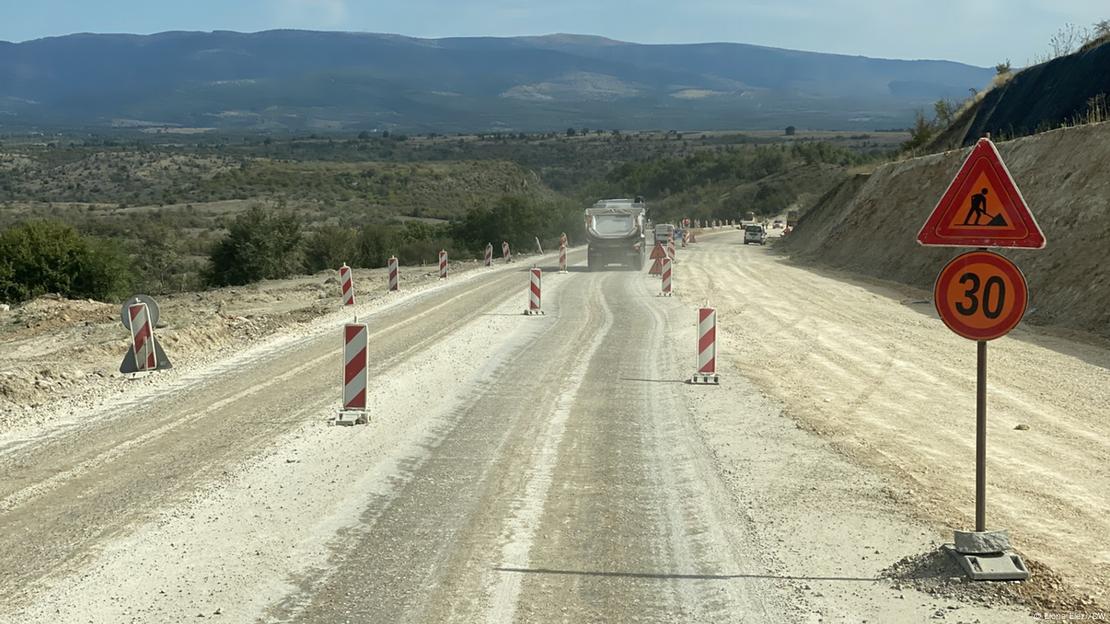
"Corridor 8" – more connectivity, faster transport
"Corridor 8" was first conceived at the Pan-European Transport Conference held in Prague, Czech Republic in 1991. The ambition at the time was to put this idea into practice and complete it within a 15-year period, but the project remained in the drawer due to geopolitical developments, also encouraged by the launch of Chinese investments in the Balkan region.
After almost 30 years, this corridor was reintroduced to the agenda of European investments in the Balkans. In the Albanian territory, "Corridor 8" stretches for about 154 kilometers, and a part of it, such as the Tirana Bypass, will also serve for "Corridor 10". On the Albanian side, more work has been done on the road segments, while the investments for the railway lines that will be part of this project have progressed much more slowly.
In practice, the construction of "Corridor 8" means faster connectivity and transport between countries, which means better economic development, better opportunities for the movement of people and goods, being closer to the philosophy of the European common market. / DW
Latest news



Accident on the Krahes-Memaliaj axis, a 65-year-old man is injured
2025-06-12 12:45:49
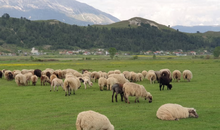

Demand a recount of votes in Tirana, the Court dismisses Alimehmet's case
2025-06-12 12:22:08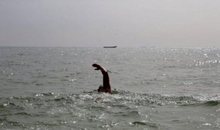
Suffering cardiac arrest, vacationer dies on Qerret beach
2025-06-12 12:05:48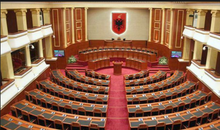

The market is "demanding" a minimum wage increase
2025-06-12 11:52:37
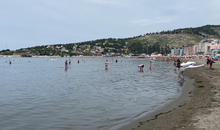
Alarm on the coast/ Elderly woman from Kosovo risks drowning!
2025-06-12 11:25:51
The hearing for "Golden Bullet" is postponed due to the lack of lawyers.
2025-06-12 11:06:27
The Special Court schedules the hearing for the “Partizani” case
2025-06-12 11:00:42
"We work to steal"/ Berisha releases Rama's video: The first time he is honest!
2025-06-12 10:52:11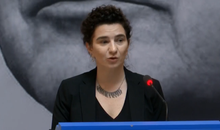

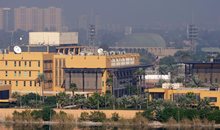
US limits non-essential staff at embassy in Iraq after rising tensions with Iran
2025-06-12 10:19:44

Hero in Greece/ Albanian immigrant saves two children from drowning in river
2025-06-12 09:52:46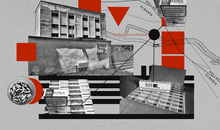
Albanian Customs Officials Crack Down on Cigarette Smuggling Business
2025-06-12 09:37:17

26 years of freedom! Kosovo marks Liberation Day today
2025-06-12 09:14:19
Clear skies across the country, weather forecast for today
2025-06-12 09:03:08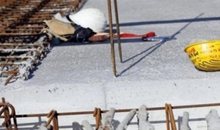
The level of salaries in construction and tourism remains below average
2025-06-12 08:49:54


Murder in Xibar i Klos/ Hazbi Velsula, the victim's cousin, in custody
2025-06-12 08:23:45
Morning Post/ In 2 lines: What mattered yesterday in Albania
2025-06-12 08:09:51
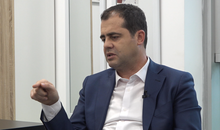
Bylykbashi: The EPP Assembly adopted the strongest resolution in this forum
2025-06-11 22:46:15
A person is found dead in Klos, suspected of being murdered
2025-06-11 22:33:38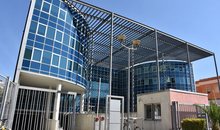


Rape the cleaning worker in Athens, the Greek police declare the Albanian wanted
2025-06-11 21:30:13
Disappointment with Latvia, Elseid Hysaj reacts after disappointing transfer
2025-06-11 21:15:08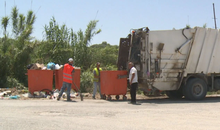

EU: New package of sanctions against Russia focuses on energy and finance
2025-06-11 20:51:17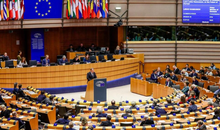

Scandal in Lezhë/ The apartment is covered by sewage
2025-06-11 20:37:59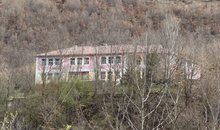
Rural schools left behind in the use of digital tools
2025-06-11 20:09:51
Kosovo bans import of sheep and goats from Albania
2025-06-11 20:01:17
Shot in the head, former Albanian policeman dies after 3 days
2025-06-11 19:41:08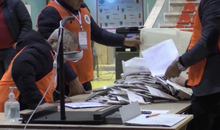
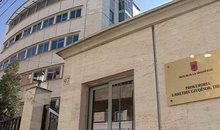

Weather-shaping factors: How cloud-dwelling microbes affect our lives
2025-06-11 19:01:22

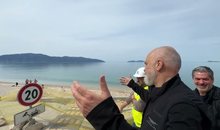

Immigration policies/ Famous TikToker leaves the US
2025-06-11 18:20:30



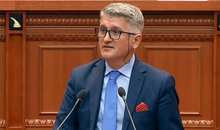



Renowned QSUT doctor passes away
2025-06-11 17:03:30
Photo/ Van catches fire on the Fier-Lushnje highway
2025-06-11 16:54:35
Kurti confirms agreement with US on immigrants: We will accommodate 50 people
2025-06-11 16:42:50
Poll/ Do you believe that the vote recount will change the result of May 11?
2025-06-11 16:31:21
Martin Can's murder, 6 people testify in closed-door session
2025-06-11 16:28:14
The silent tragedy! 56 suicides have been recorded in the country since January
2025-06-11 16:20:06
First case of monkeypox identified in Albania
2025-06-11 16:13:18


Ukraine repatriates bodies of soldiers killed by Russia
2025-06-11 15:37:13
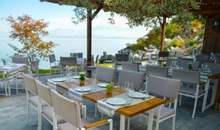


Menopause, tips for a healthier transition
2025-06-11 15:03:00
A person was violently robbed, a serial thief was arrested in Durrës
2025-06-11 14:48:43
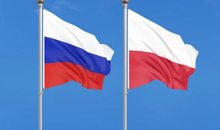
Tensions with Russia return, Poland arrests 28-year-old for spying for Moscow
2025-06-11 14:33:58
Foreign tourist dies in Saranda, initial suspicions
2025-06-11 14:14:38
A person was injured with a knife in Kuçova, the 26-year-old was arrested
2025-06-11 14:08:51
Nuclear tensions rise as Iran and US disagree on date for talks
2025-06-11 14:00:32
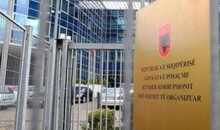
'Sterilization' trial postponed, here's when the next hearing will be held
2025-06-11 13:44:18
Greece considers banning burqa in universities
2025-06-11 13:36:04

Curvy roads and looking at your phone make you nauseous? Find out why
2025-06-11 13:20:18


List/ What are the teams qualified so far for the 2026 World Cup?
2025-06-11 12:54:56


OVERDOSE
2025-06-11 12:38:27
Kosovo government rejects US request to shelter immigrants from third countries
2025-06-11 12:32:01

By-elections in 3 municipalities remain in Rama's hands, despite the law
2025-06-11 12:12:33
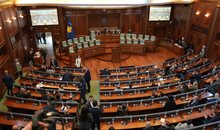
The attempt to constitute the Kosovo Assembly fails for the 30th time
2025-06-11 11:57:14


Former Rector of the University of Tirana, Dhori Kule appears in SPAK
2025-06-11 11:35:07
Missing for six days, 20-year-old man found dead in Korça (NAME)
2025-06-11 11:28:27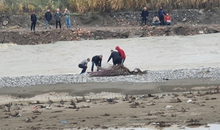
6-year-old boy found dead on the banks of the Shkumbin River
2025-06-11 11:20:20
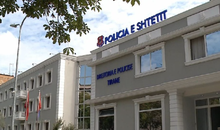
Shooting in "Ali Dem", 26-year-old injured, 4 wanted
2025-06-11 11:00:41
